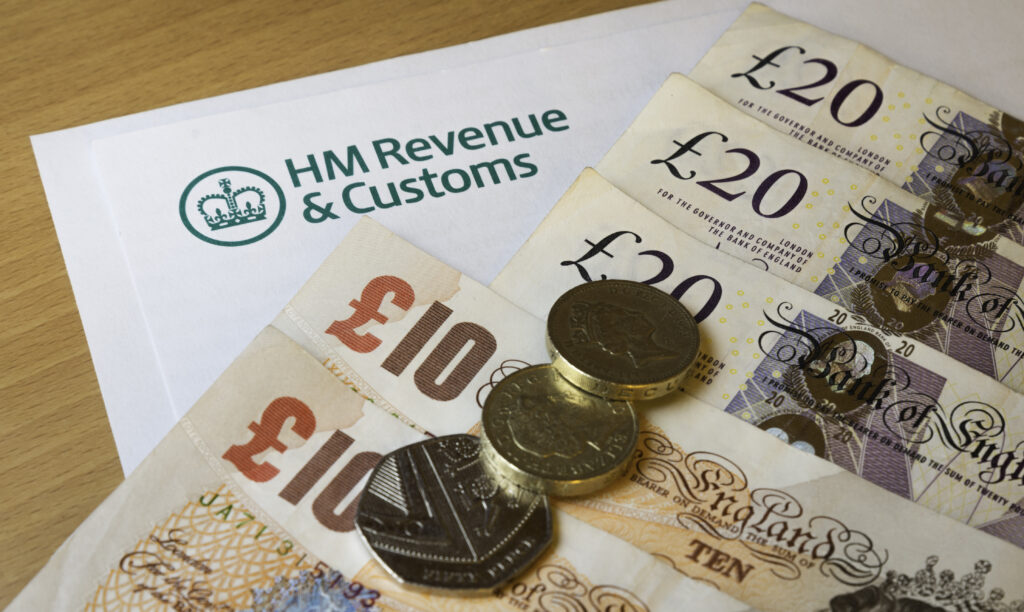Eighty per cent of small businesses work with an external accountant or bookkeeper. However, 70pc of small business owners would not recommend their accountant to others and more than a quarter said they are likely to switch accountants, according to small business platform Xero.
On top of that, over one third of small business owners would tell others to avoid their accountant, as they feel they don’t understand business challenges, don’t provide the right support, charge too much and aren’t keeping up with technology.
Why small businesses switch accountants
Top mistakes that are causing business owners to switch accountants include: rarely providing support (62pc), limited industry knowledge (57pc), making them feel like a low priority (55pc), being behind on technology (53pc), being unresponsive (52pc) and not providing enough value (44pc).
Nila Khan, business advice manager at industry body ICAEW, says: “Accountants being unresponsive is the major gripe of clients. All they want is a response, it can be as simple as that. It can be a shame to lose a client over something so simple as lack of communication. It’s frustrating because it can be so easily fixed.”
Another reason is that your old accountant either retires or sells up and you don’t like their successor.
As your business needs change, you may find that your accountant is no longer a good fit for your business. There are many accountants that are perfect for a start-up or small, traditional business, but that do not have the skills or knowledge needed to support a scale-up.
Warning signs your accountant may no longer be a good fit
Two clear signals that your accountant may no longer be a good fit for your business are:
- If they are unable to answer your questions
- If the answers they give are woolly, or you feel that they are not up-to-speed on a particular topic
Step-by-step guide to changing your accountant
Find a new accountant
You can search for a new chartered accountant through the Institute of Chartered Accountants in England and Wales here or a chartered certified accountant through the Association of Certified Chartered Accountants here.
Something to bear in mind is choosing an accountant who is physically close to you. Small businesses overlook the sheer amount of paperwork which needs to be physically transported between your business and your accountant. And you need to keep that paperwork for at least seven years. So, it might pay off to choose an accountant near you, to either save on taxi fares or osteopath costs from your strained back shifting all those papers.
Have an initial meeting
Have an initial consultation with your prospective accountant. Most firms will offer that initial consultation free of charge. ICAEW firms badged with a BAS Business Advice Service logo undertake to offer one hour’s free initial consultation.
Do take your most recent accounts and tax return – they will help your new accountant estimate how much work is involved, and what its fee for handling your tax affairs may total.
Your relationship with your client is highly confidential, as you are bringing them in to the deepest secrets of your business. In many ways, your relationship with an accountant is like that of a priest – it has to be built on trust.
Khan says: “You’ve got to find somebody you can work with. You’ve got to come away from that meeting thinking, ‘Yes, I can work with this person.’ At the end of the day, that accountant has to act as your trusted business advisor. You have to feel fairly confident you can have a good working relationship.”
Write to your existing accountant
Some clients like to put their outgoing accountant on notice, either on the phone or in person. And you should also put this in writing – an email should suffice unless they request a handwritten letter.
You need to advise them that you are changing accountants and ask them to furnish your new accountants with any requested information.
Your new accountant could draft a template letter to your outgoing accountant, saying that you wish to terminate all taxation services with immediate effect, and instructing them to release all information requests to your new advisor.
This covers off your terminating services with your old accountant and authorises them to give information to their replacement.
Check where you are in the taxation cycle
Try to get to the end of your tax year before you start the next cycle and leave at that point.
If your new accountant is midway through preparing your return, you can be expected to be billed for that work. If you’re not a limited company, that accountant can exercise a lien over your paperwork if you don’t pay the bill.
Dovetailing with the end of one accounting period, helps avoid you being double charged by your new accountant for redoing previous work.
Register with your new accountant
The new accountant will usually send some type of registration form to capture your personal and limited company information.
Documents you need to provide
Your new accountant will also need to carry out an anti-money laundering check on you by law. You’ll need to show your new accountant identification. Different firms have different ID criteria. However, they usually include:
- Photo ID and a recent utility bill as proof of address
- Date of birth,
- UTR tax code,
- UTR tax reference,
- National Insurance number
- Company number
- Companies House authentication code.
Authorising your new accountant to deal with HMRC
If your old accountant was acting for you as an agent and they have agent authority over your tax affairs, you need to sign a new 64-8 form to authorise the new accountant to deal with HMRC on your behalf, for both personal and company tax affairs, or by using HMRC’s online authorisation service.
Do you need to change your registered address?
If your business trading address is registered at your old accountant’s office, you will need to transfer that to a new business address or your home.
Letter of Engagement
The new accountant (if registered with a professional body such as the ICAEW) is obliged to send you a Letter of Engagement that sets out expectations and requirements between both parties.
The engagement letter details the services your new accountant will provide, their responsibilities and your responsibilities as a client. Once signed, this forms the contract between you both.
Professional clearance
The new accountant will write to the outgoing accountant requesting copies of accounts and tax records, tax returns and any other information it may need from the previous year – often called “professional clearance”.
What to do if you’re still unhappy
After a few weeks, assuming that there are no hold-ups, all your accounting information should have been transferred and you will be safely on board with your new accountant.
“If you found the onboarding process fairly smooth, and you’ve got all your paperwork and all the authorisations have gone over, then this should give you some comfort this accountant is going to work well for you,” says Khan.
A good rule of thumb is to give your new accountant at least one year to go through the accounting cycle.
However, if you are still unhappy, most accountancy firms have an in-house complaints procedure – contained in the terms of engagement letter – and if you are unsatisfied after that, the ICAEW performs an ombudsman role resolving disputes.
Further reading
Getting the most out of a working relationship with your accountant






